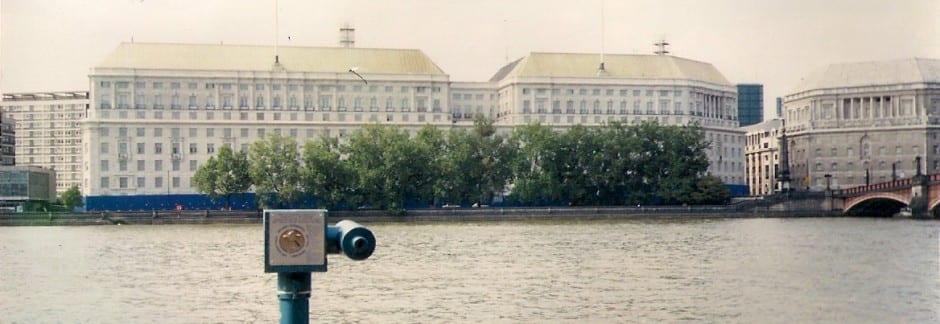This blog is part of an ongoing research project on parliament and the British intelligence and security agencies being carried out at the University of Lincoln. The research is published in a number of journal articles and a forthcoming book by Andrew Defty, Hugh Bochel and Jane Kirkpatrick.
The research aims to provide a detailed examination of the various mechanisms by which the UK parliament has sought to scrutinise the intelligence agencies and the government’s use of intelligence. Existing studies of parliamentary scrutiny of intelligence within the UK have focused almost exclusively on the work of the Intelligence and Security Committee. While the work of the ISC clearly forms part of this research, we have adopted a broader focus which seeks to examine the various other means by which parliament has sought to scrutinise the operation of the secret state. This broad focus is important for a number of reasons:
firstly, whilst the ISC is responsible for scrutinising the work of the intelligence and security agencies, parliament as a whole is increasingly involved in the scrutiny of legislation, or policy, which relates to the activities of the agencies or the government’s use of intelligence, such as anti-terrorism legislation and aspects of foreign and defence policy;
secondly, as parliament provides the personnel from which the government is formed, a clear understanding of the work of the agencies and the nature and limitations of intelligence, beyond those directly involved in oversight, is clearly important. The need for decision-makers at all levels to have more understanding and experience of intelligence was highlighted by the Butler inquiry into intelligence on Iraqi weapons of mass destruction;
thirdly, there is increasing pressure from within parliament for greater parliamentary scrutiny of intelligence, which is interesting in itself, but the capacity of parliament to provide effective scrutiny in this area is not clear;
finally, by seeking to move away from the notion that legislative scrutiny of intelligence is a distinct and specialist field, the research draws on existing models of parliamentary scrutiny and also seeks to feed into wider debates about the ability of Parliament to hold the executive to account.
A lengthier explanation of the aims of the research was set out in an article in the journal Policy & Politics in 2010.
The blog will include a disparate collection of observations and comments on recent developments along with links to our published research.
